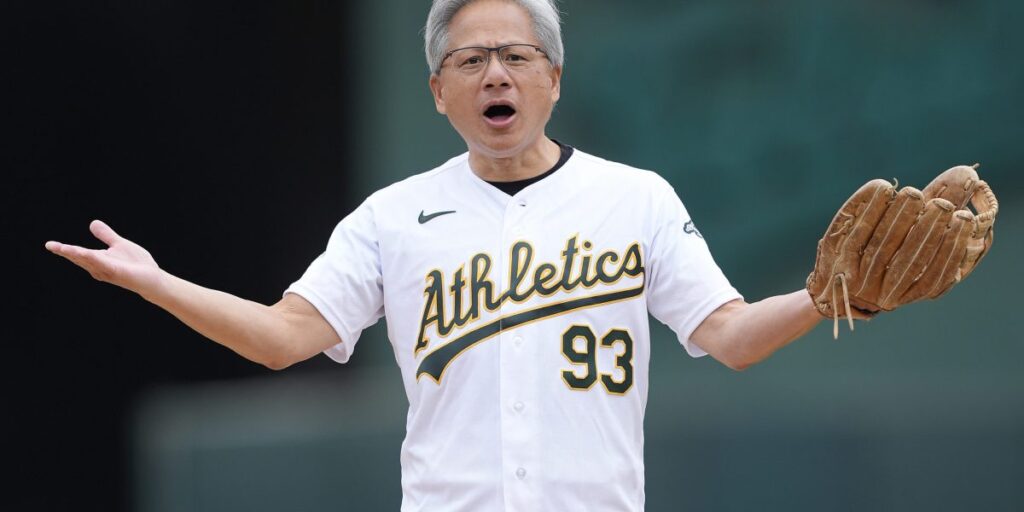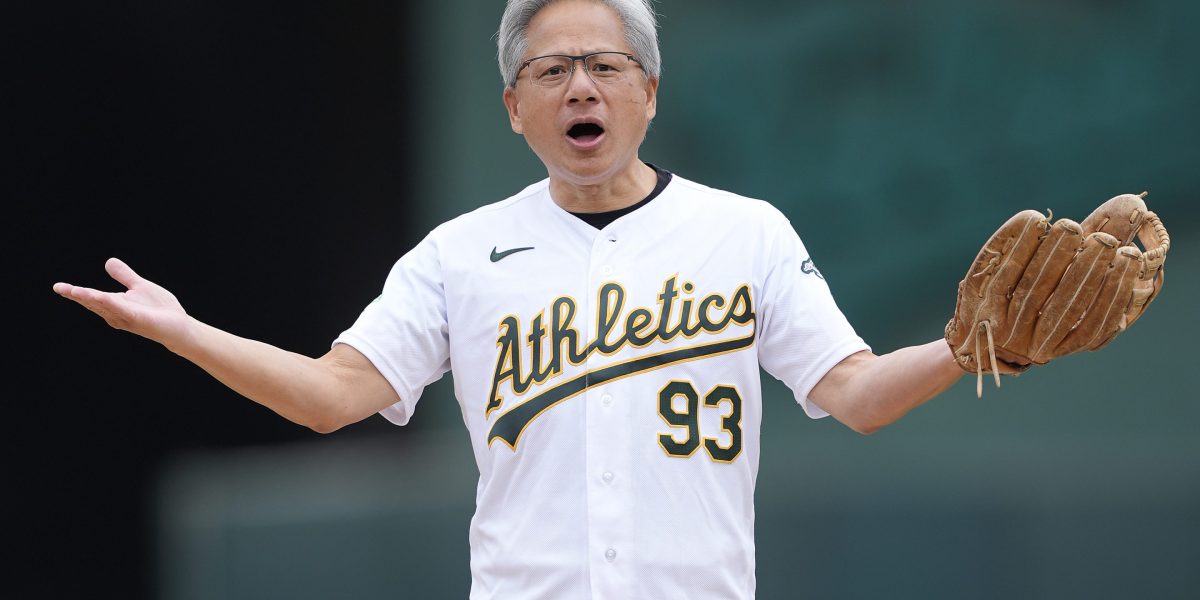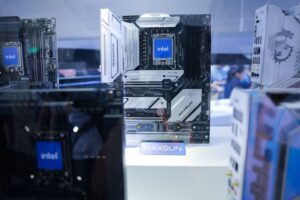Tech stocks take a pounding as hedge fund Elliott warns AI trades like Nvidia are in ‘bubble land’
Intel suffers its single biggest one-day drop in decades, as sentiment sours amid overextended valuations and a darkening economic outlook.


The unwinding of the AI trade, triggered by a recent run of disappointing quarterly earnings, has turned into a bloodbath for Big Tech.
What began with Tesla and Google has now gathered steam with selloffs spreading across all major cloud computing and semiconductor stocks, led by Intel. The chipmaker suspended its dividend on Thursday and pledged to cut 15,000 jobs, leading to today’s 27% drop—its worst for a single day in decades.
Sentiment worsened after the Financial Times obtained on Friday a recent letter from hedge fund Elliott Management reportedly telling investors that Nvidia and the entire megacap tech sector was living in “bubble land” with artificial intelligence “overhyped.”
Although Nvidia may have lost more than 20% from its high in June, putting it in bear market territory, those losses only wipe out roughly two months of gains. It is still trading well above levels seen during most of May and has more than doubled in price since January, an indication that valuations may have become overextended, as Elliott warned.
Nvidia, whose shares traded roughly in line with the 2.7% drop in the Nasdaq, declined to comment to Fortune on the report. The asset manager couldn’t be reached.
A darkening economic outlook hasn’t helped Nvidia or its peers in the chip industry either. Belief is mounting that monetary policy is overly restrictive with the overnight interbank lending rate set by the Federal Reserve last fixed at 5.33%, some 230 basis points above the June consumer price index, which measures the rate of inflation.
Amazon and Tesla look to make their own AI training chips
Symptomatic of a new trend to sell into strength, chip designer Arm Holdings reported on Wednesday a 39% gain in quarterly revenue, only to see it lose a quarter of its value this week alone. Growth forecasts had only met analyst expectations—a sign that the market got ahead of itself.
Fundamentally, little has changed for Nvidia. Its AI training and inference chips are still coveted for their unparalleled ability to crunch the terabytes of data needed to power generative AI. In fact they might even be too good. CEO Jensen Huang is struggling to keep up with the pace of demand, prompting tech companies to invest in their own microchips as a kind of plan B.
Elon Musk said last week that Tesla’s voracious demand for Huang’s H100 processors to power its upcoming data center in Austin means the carmaker will double down on investment in its Dojo chip. Optimized for training neural networks based on video data rather than text, Tesla hopes its proprietary design will solve autonomous driving if Nvidia cannot.
Similarly Amazon CEO Andy Jassy said he was also funding his own chips.
“We have a deep partnership with Nvidia,” Jassy told investors on Thursday. “But we’ve heard loud and clear from investors that they relish better price performance. It’s why we’ve invested in our own custom silicon in Trainium for training and Inferentia for inference.”





